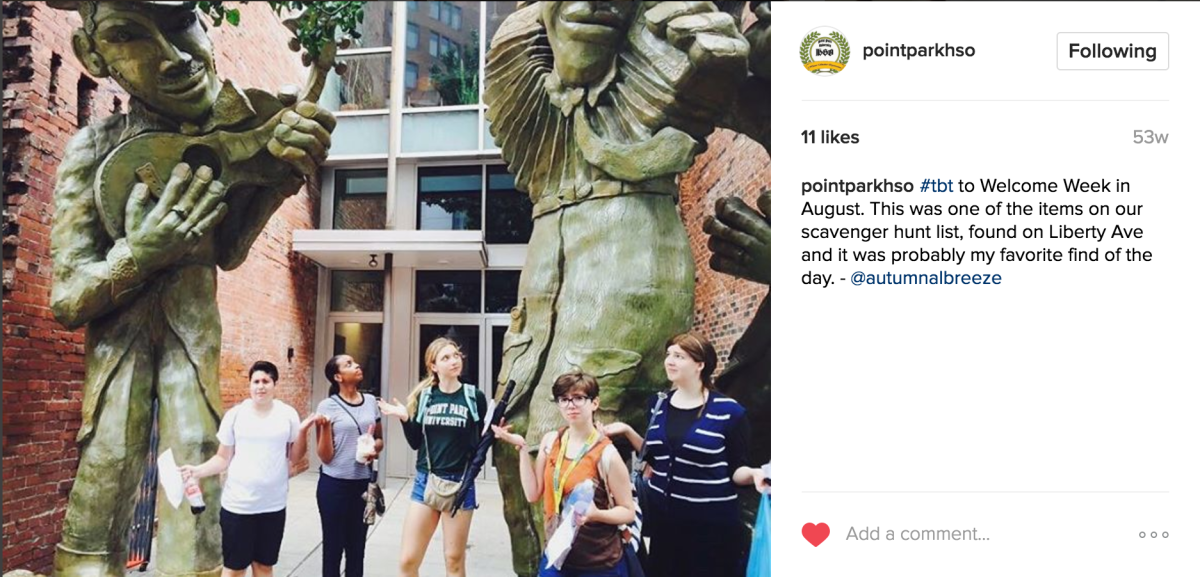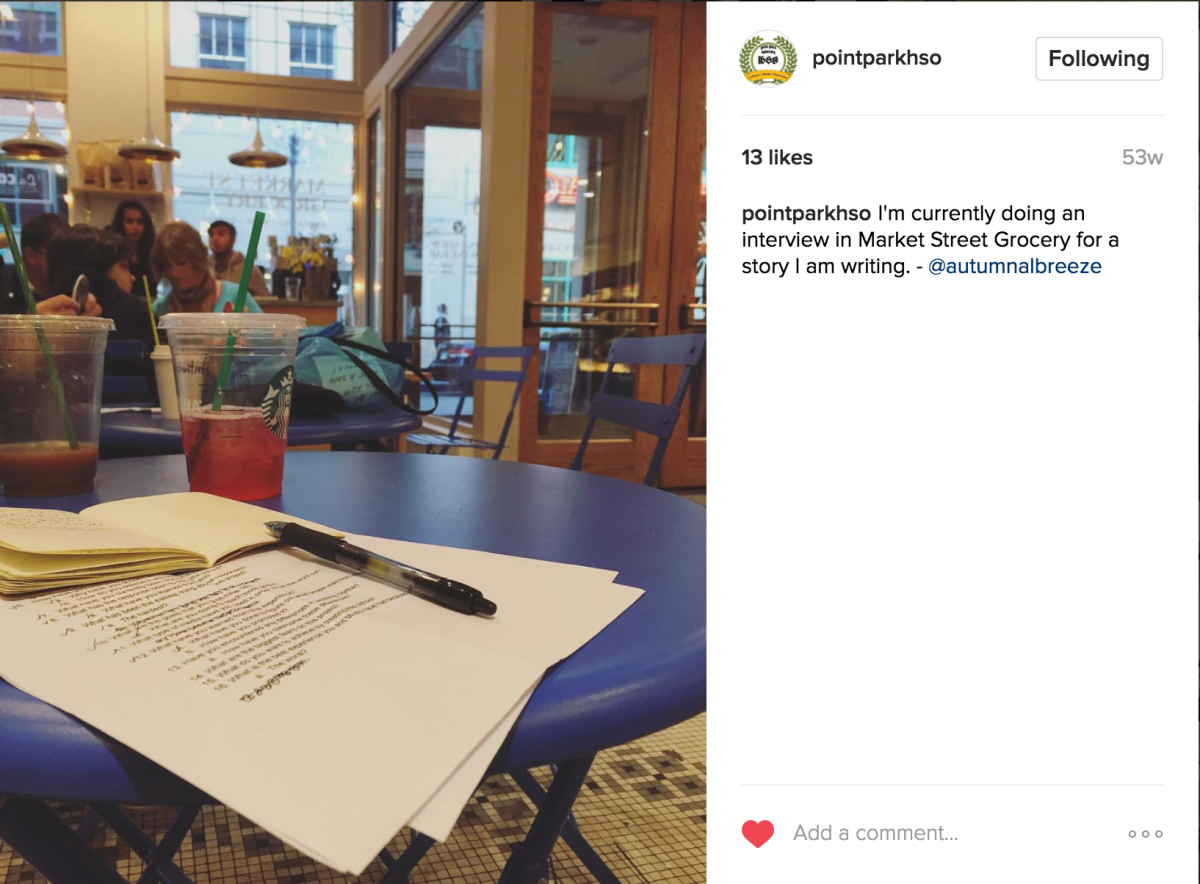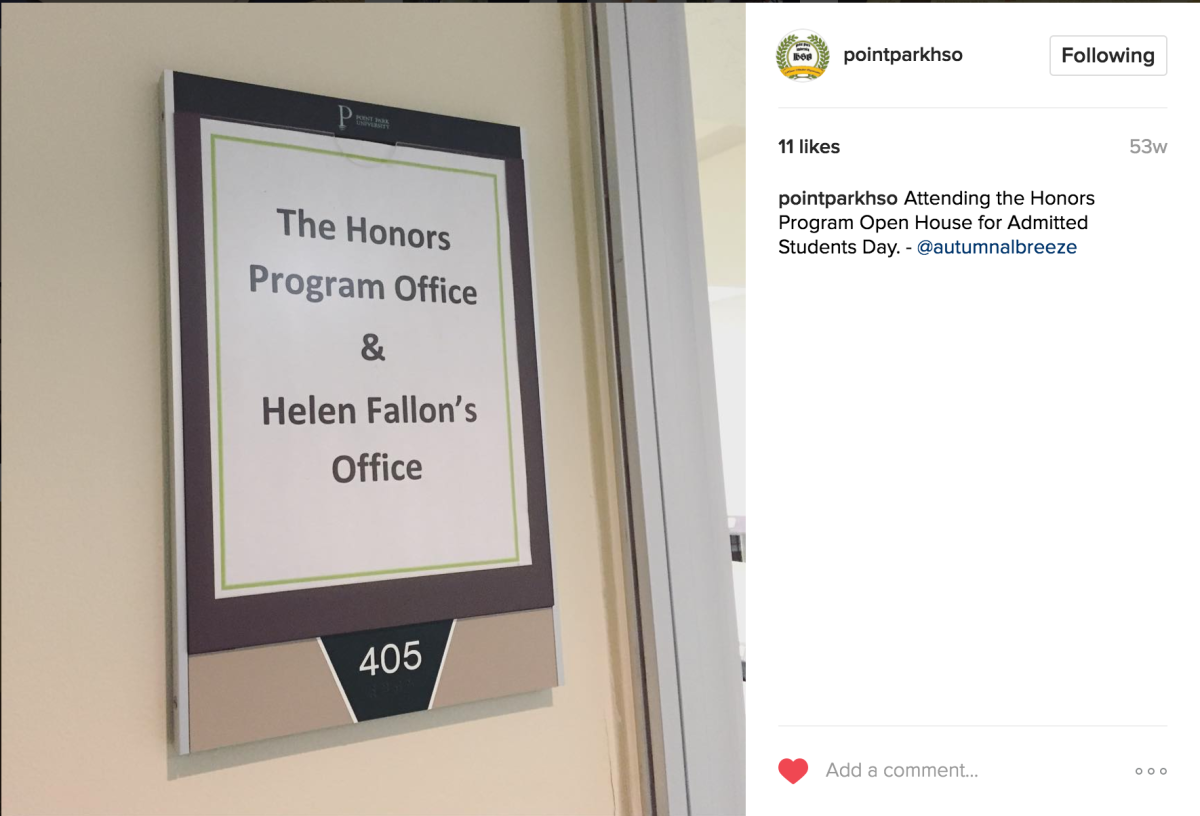By: Autumn Barszczowski
In the aftermath of the women’s marches, how do women expand the feminist movement?
The further we venture into Donald Trump’s presidency, the more I realize that we need to start a conversation about intersectional feminism and how to step away from mainstream feminism, or what I like to refer to as, white feminism.
What is white feminism, you ask? White feminism is what we often consider to be the main form of feminism, a movement that solves problems for all women.
This includes ideas such as equal pay, the sales tax placed upon feminine hygiene products in some states, clothing choices in the workplace and much more. While these are clearly problems that many women face, these feminists fail to realize that these problems are faced primarily by white, middle class women.
The problems women of color and transgender women face are the ones that white women tend to forget about simply because they do not affect us. We do not do it on purpose, but we are so focused on the problems we face that we forget that we are not the only ones who struggle.
For decades, many white women in the feminist movement have failed to include the problems of these women in our movement and have moved forward without them.
In the past three years, I have started to examine the problems that I have been discussing as a part of the feminist conversation. I realize now that there were times where I was not inclusive of all women in the feminist movement. I noticed my shortcomings in feminist conversations when I was introduced to the idea of intersectionality.
This term intersectionality seems obscure but is defined as “the theory that the overlap of various social identities, as race, gender, sexuality and class, contributes to the specific type of systemic oppression and discrimination experienced by an individual,” according to dictionary.com.
For example, this could refer to how a black woman is not only faced with the oppression that comes with being a woman, but also with the oppression that comes with her race.
This problem is faced by all women who are outside of the white, straight, middle class description. This could be due to their race, class or sexuality.
Whatever it may be, they are faced by the trouble of the overlap of this systematic discrimination and will not be faced with a singular set of problems.
The reason it is important to recognize the distinction between intersectional feminism and mainstream feminism is that it allows us to open the conversation about how oppression is not limited to one of your identities.
The struggles that white, straight, middle class women face are more likely to be seen and heard in the mass media, even if the problems they bring to light are not solved.
The problems faced by these women are a part of a conversation that many women of color and transgender women do not get a chance to be a part of.
I grew up in schools that constantly shed the spotlight on the ways that oppression can build up depending on your intersecting identities. It’s time that our feminism reflects on the fact that people in the world have more than one identity.
We need to support the people who are not included in this mainstream movement because we must stay united.
If we choose to ignore the problems we do not personally face, then we will never be able to move forward.
I am an intersectional feminist because I recognize that I will not struggle in the same way that other women do and they will need my support just like I will need theirs.
My problems will not be the same as theirs, but that does not mean that they do not deserve equal attention. If we stick together in this fight we can keep progressing because without unity, the next four years will be impossible to conquer.
Originally published with The Globe







